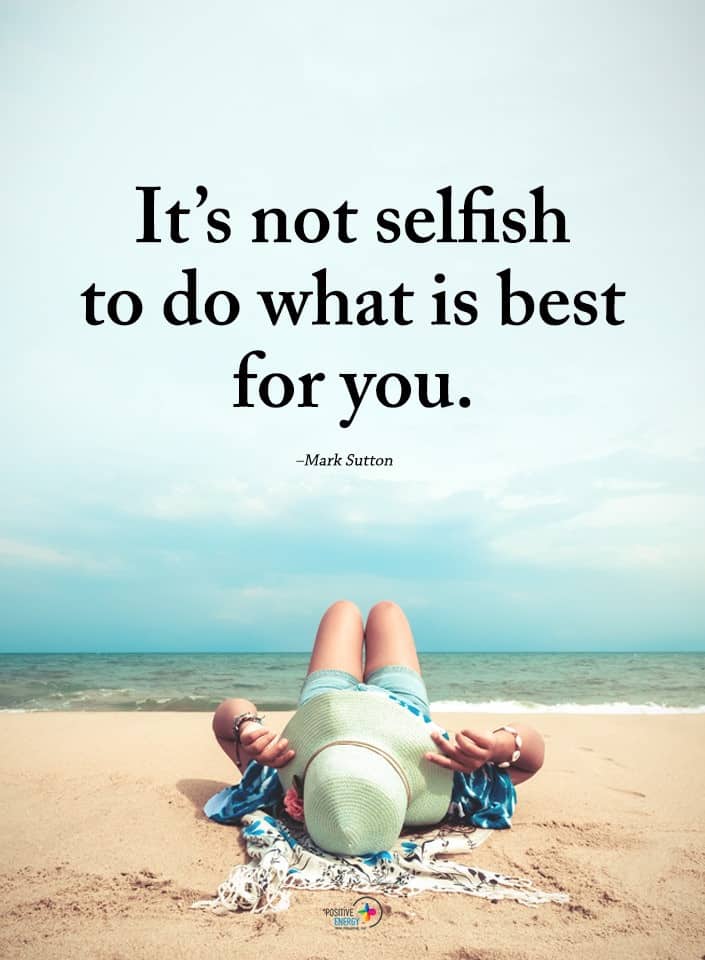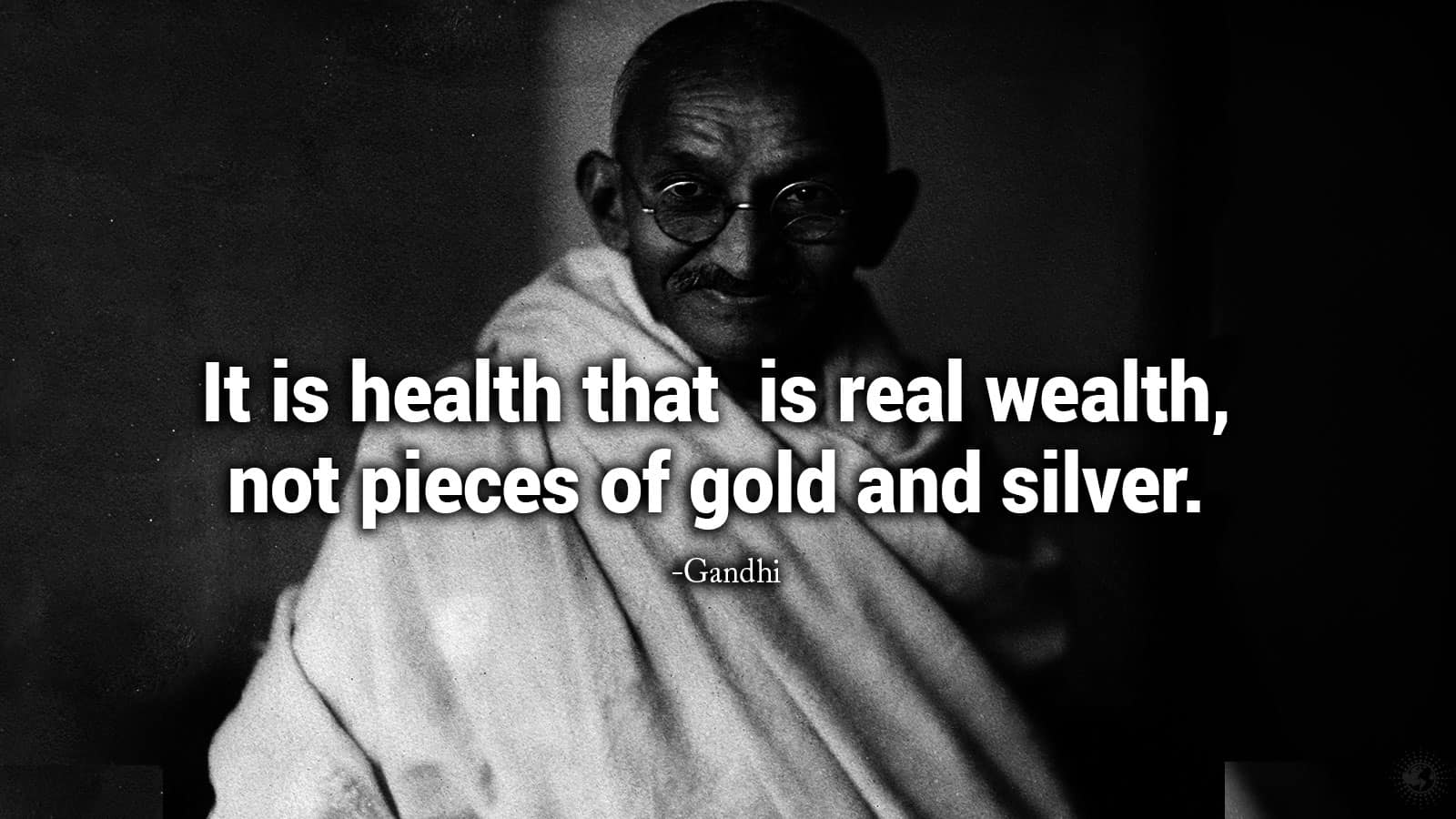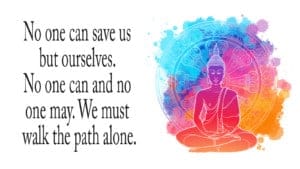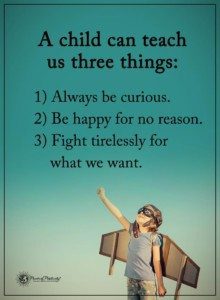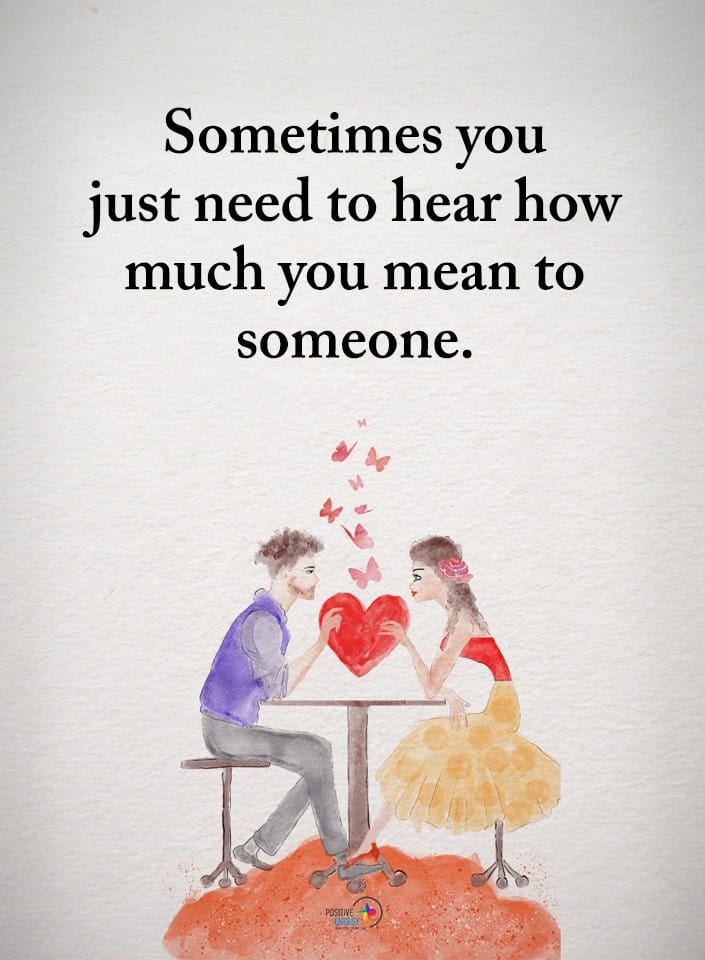They say misery loves its company, and the same goes for positivity. We attract the vibes we give off, so to have more positive people in our lives, we must become what we want to see. In recent years, it’s become apparent how positive thinking and affirmations can rewire our brains and shift our entire lives. After all, we experience reality based on our thoughts and belief systems. Thus, we can change to a different reality by merely tuning in to a higher frequency.
Whatever you focus on will start to manifest in your life whether you want it to or not. For example, the more you worry about things that can go wrong, the more you’ll start noticing adverse events in your life. Similarly, fixate on negative aspects of people, and you’ll attract people with those traits into your life.
“Be the reason someone smiles. Be the reason someone feels loved and believes in the goodness in people.” – Roy T. Bennett
So, you might ask yourself what you can do to start attracting more positive people into your life. We have some great tips for you below.
Here’s how to attract more positive people into your life:
-
Visualize yourself meeting positive friends.
Visualizing is a compelling technique. In fact, according to a Harvard University study, the brain cannot tell the difference between something real and imaginary. In the study, neuroscientists taught a simple 5-fingered combination of piano notes to participants. They used the thumb, index finger, middle finger, ring finger, little finger. They played this repeatedly for two hours for five consecutive days.
Another group of participants simply imagined playing the notes in the same combination. Just like the first group, they visualized themselves playing for two hours a day, five days in a row.
The researchers used a technique called TMS (Transcranial Magnetic Stimulation) to examine the brains of participants every day. They found marginal or no difference between the minds of those who played the notes with their fingers and those who only visualized themselves playing. In both cases, the brain areas associated with learning grew, showing that the brain doesn’t know the difference between imagining something and it happening.
This study can apply to meeting new friends as well. If you imagine yourself attracting positive people into your life, your brain won’t know the difference between visualizing it and this taking place. Therefore, when you go out into the world, you’ll automatically attract the people you want because you’ve prepared your brain beforehand.
-
Work on changing your thoughts.
If you closely monitor your thoughts, you’ll probably notice that, unfortunately, negative thoughts creep in much more than you’d like. We all think without really paying attention to our overall thought patterns, and this leaves us living life on autopilot. In this manner, life happens to us, instead of us taking charge and determining our destinies.
Here are a few things you can do to cultivate more positive thoughts:
- Start a gratitude journal. Studies have shown that expressing gratitude helps shift the brain from ruminating about adverse events into thinking more on the positive side. If you believe you already have what you need, you’ll start to attract better things into your life. In general, operating from an abundance mindset attracts positive things and people, while working from a sense of lack attracts more of the same.
- Practice positive affirmations. Instead of thinking you’ll never achieve your dreams and will never amount to anything in life, shift it to “I am perfectly capable of living the life of my dreams. I have everything I need within.” Once you start empowering yourself with positive thoughts, you’ll begin to believe it, and this will show up in your daily life.
- Meditate. As you begin meditating, you will have the opportunity to sit alone with your thoughts. Most people are afraid to do this, but observing your thoughts will help you see that you have power over them. Silencing the mind allows you to approach situations in a more responsive, rather than reactive, standpoint.
-
Examine your current friendships and relationships.
To draw better things into our lives, sometimes we must let go of relationships that no longer serve us. This doesn’t make anyone a bad person, but sometimes we just outgrow certain people. We can either distance ourselves while sending the person loving vibes and wishing them well, or just tell them upfront that the friendship isn’t working. Either way, both people can walk away, thinking of what they learned from the relationship instead of harboring bad feelings toward each other.
This way, once you get rid of anyone holding you back in life, you’re more likely to invite people who align better with your thoughts and beliefs. In general, if someone criticizes you or is always complaining, you probably want to distance yourself from that person. Remember, your vibe attracts your tribe, so the more you associate yourself with positive people, the more it will influence your mindset.
-
Give out what you want to receive.
If you want more positive people in your life, give more positivity to others. Even if you don’t always feel extra bubbly or cheerful, a simple smile to a stranger or complimenting someone on their makeup can go a long way. It’s not hard to practice positivity in daily life – it just takes reaching out to others and becoming the change you wish to see. Plus, the more you engage with others, the more you’ll invite positive friendships into your life!
If you’re an introvert, you might feel apprehensive about talking to others at first, but just remember that most people are friendly and would love the chance to get to know you.
Everything you put out into the universe comes back eventually, so if you want more positive friendships in your life, send that vibe out into the world and watch your life change!
-
Limit your exposure to negative news or media.
You might wonder how this applies to making positive friends. Well, if you think about it, our lives are the sum of what we give our energy to. The more we pay attention to negative news and media, the lower our vibration will become. If you want to have more positive people in your life, you must first tune yourself to that reality by lifting your frequency.
Negative news, movies, and music can rewire your brain and contribute to depression, whereas positive influences promote better moods.
Notice the news outlets and media sources you watch daily, and limit or eliminate anything that doesn’t align with the reality you want to experience. If you want to attract positive people into your life, it’s vital to become a positive person yourself. Part of that means raising your vibration through positive music, podcasts, books, and anything else that helps you shift your reality.
Bonus tip on how to attract more positive people into your life
Attracting positive people will become more comfortable if you first write down or pay attention to what you love about yourself. If you always talk down on yourself, how can you expect to attract anyone who will notice the best parts of you? Attracting authentic, positive people begins with you. Start to talk to yourself like you would your best friend, and you’ll invite people who also love themselves.
Self-love is the catalyst for significant changes in your life. Of course, it all begins with the thoughts you allow yourself to believe. Believe that you’re beautiful, healthy, smart, thoughtful, caring, and positive. Even if you don’t currently embody these qualities, you will begin to cultivate them. Every action starts first with your thoughts. So simply believing in yourself will attract those who see your beauty as well.
 Final thoughts on attracting positive people into your life
Final thoughts on attracting positive people into your life
Everything in the universe is energy, and it’s responding to the frequency you give off. People often think life just happens to them, instead of doing what they can to shift their vibration, so more positive people and events come into their reality.
Attracting more positive people into your life begins with visualizing yourself meeting people who you want to become friends with. Then, you will want to work on changing your thoughts and examining current friendships. Sometimes we outgrow people, and that’s perfectly okay. People change, and you can’t take everyone with you if you want a fresh start.
Promote positivity in your life by giving people what you want to receive as well. What goes around comes around, so giving love and good vibes will attract more of that into your reality. Finally, limit your exposure to negative media and music, as these will lower your frequency and contribute to depression. Love yourself as you would others. Then, watch your reality change as more positive people come into your life.







